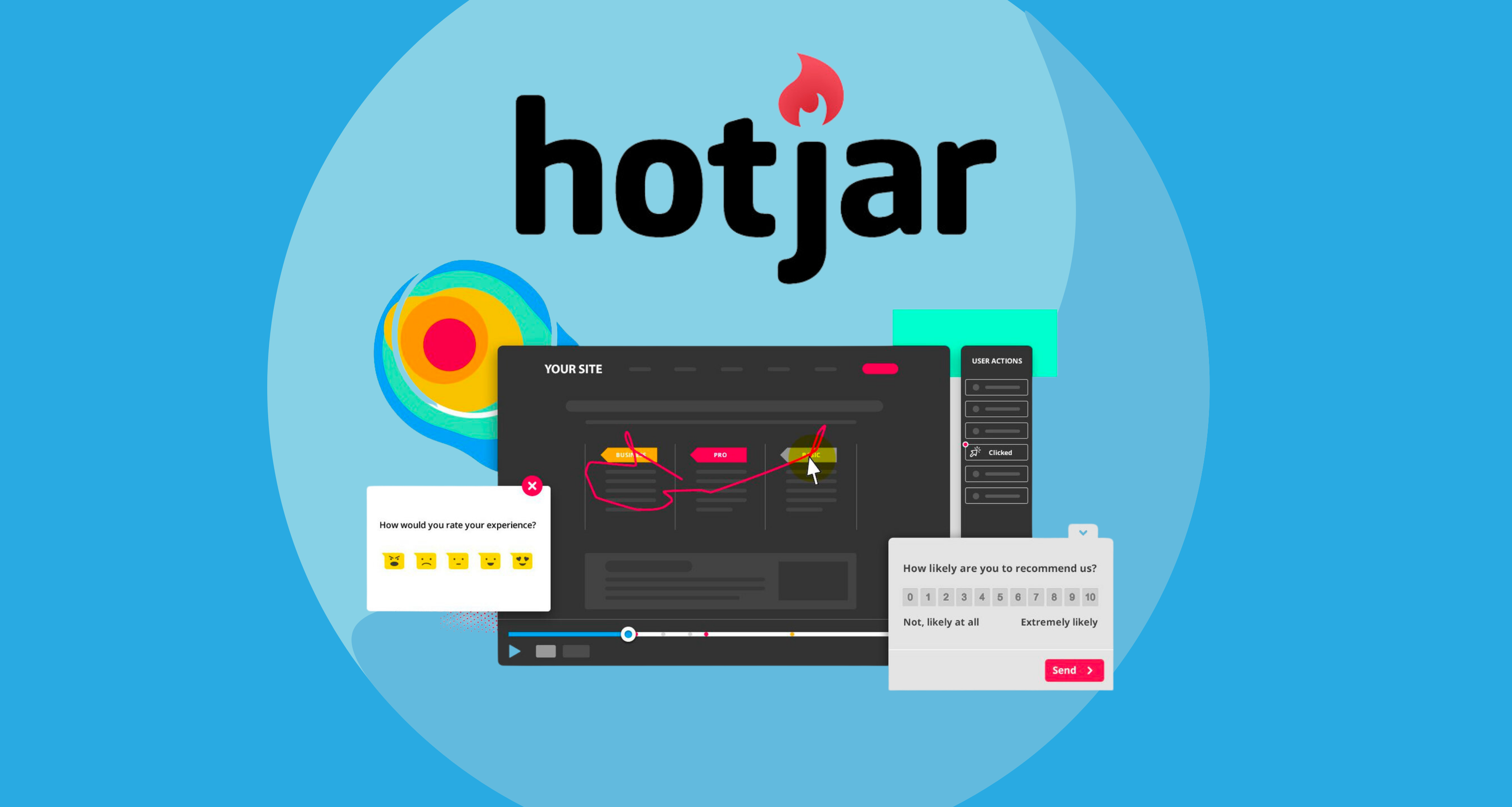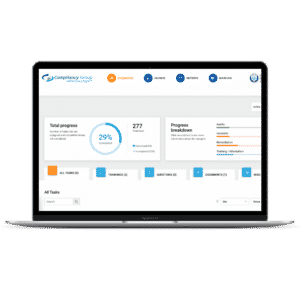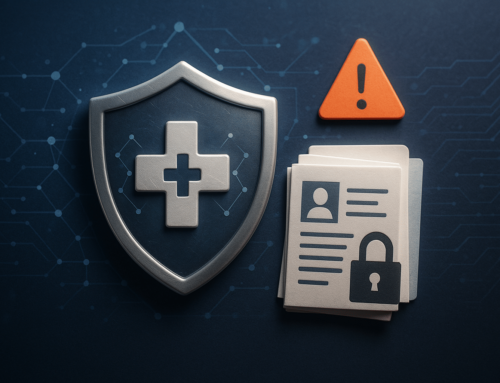
Hotjar is a popular software platform that helps businesses collect and analyze customer behavior data on their websites. However, one of the biggest concerns for many companies is whether Hotjar is HIPAA compliant. Despite its popularity, Hotjar is not HIPAA compliant. HIPAA (Health Insurance Portability and Accountability Act) is a federal law in the United States that mandates strict data privacy and security requirements for healthcare organizations.
Hotjar & Safeguards
One of the primary reasons why Hotjar is not HIPAA compliant is because it does not have the adequate safeguards in place to protect sensitive healthcare data. HIPAA requires healthcare organizations to implement physical, technical, and administrative safeguards to protect electronic protected health information (ePHI).
This includes measures such as:
- Encryption
- Access Controls
- Audit Trails
- Disaster Recovery Plans
Unfortunately, Hotjar does not offer many of these features out of the box. For example, it does not provide end-to-end encryption or role-based access controls, which makes it difficult for the user to prevent unauthorized access to ePHI.
Hotjar & Data
Hotjar falls short of HIPAA compliance standards because it has limited options for data retention policies. Under HIPAA’s rules, healthcare organizations must retain ePHI for a minimum of six years from the date of creation or last use. However, with Hotjar’s default settings, user data can be retained indefinitely unless deleted explicitly by the account owner. This lack of control over data retention makes it challenging for organizations to comply with HIPAA regulations.
Hotjar lacks sufficient data backup and disaster recovery provisions in case of system failures or cyberattacks. The ability to restore critical systems within an acceptable timeframe is essential under the HIPAA Security Rule. Still, due to the limited options provided by Hotjar and its reliance on third-party cloud services, there are no guarantees that backups will always be available or accurate in cases where they are needed most.
In addition, Hotjar does not offer adequate auditing and monitoring capabilities required under HIPAA. Healthcare organizations must regularly monitor their systems and review audit logs to actively detect any unauthorized access or data breaches. However, with Hotjar, this is not possible as it does not provide real-time alerts or notifications when suspicious activities are detected.
Hotjar & BAA
Finally, Hotjar fails to meet HIPAA Business Associate Agreement (BAA) requirements. A Business Associate Agreement is a legal contract between a covered entity and its business associate, which outlines the responsibilities of each party in safeguarding ePHI. Under HIPAA regulations, if a business associate processes or stores ePHI on behalf of a covered entity, then they must sign a BAA. Without this agreement in place, there is no guarantee that Hotjar will take responsibility for any potential violations of HIPAA.
Ultimately, while Hotjar may be a valuable tool for website owners who wish to improve their user experience and engagement, it falls short of meeting HIPAA compliance requirements. Its lack of adequate safeguards for protecting sensitive healthcare information makes it unsuitable for healthcare organizations requiring strict data privacy and security measures. As such, these organizations should seek alternative web analytics tools designed explicitly for HIPAA compliance to avoid potential data breaches and regulatory penalties.










